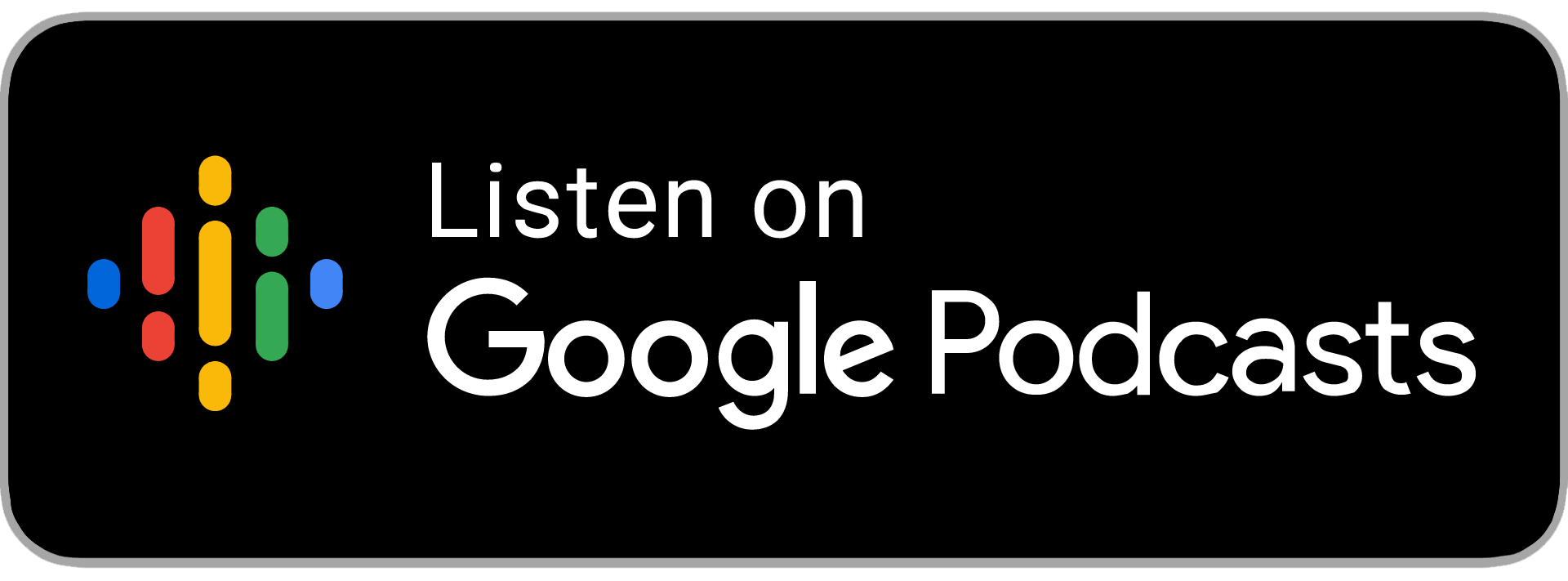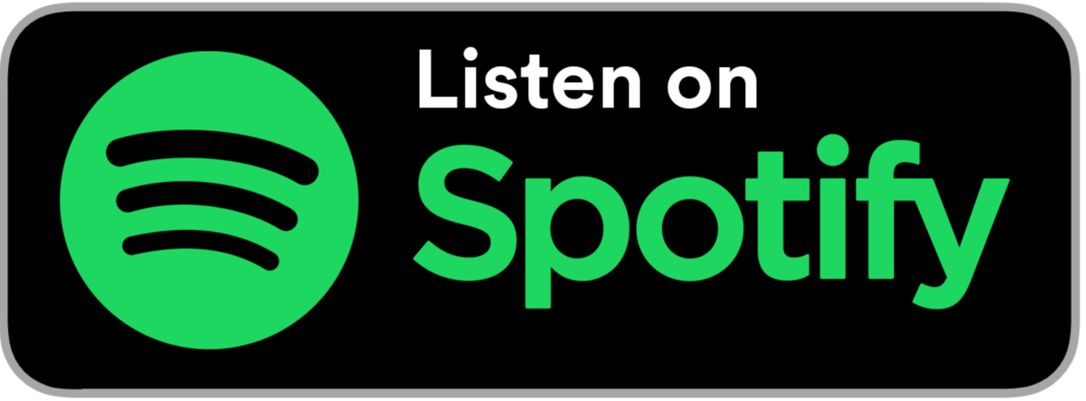The Impact of Block Chain on the Future of Marketing Podcast and Transcript
Marketing Insights Podcast
January 12, 2023
Transcript:
Greg Marshall:
Welcome everybody to the Marshall Johnston, Marketing Management 4E Podcast. I'm Greg Marshall.
Mark Johnston:
And I'm Mark Johnston.
Greg Marshall:
And today we're going to talk a bit about the impact of blockchain on the future of marketing. So first of all, Mark, what's a quick definition, explanation, and purpose of blockchain?
Mark Johnston:
Well Greg, basically blockchain is a system in which a record of transactions made in Bitcoin or Ethereum or some other cryptocurrency are maintained across several computers that are linked in a peer to peer network. Easy to say, right? In that way, blockchain allows digital information to be recorded and distributed but not edited. So blockchain provides a great advantage as a foundation for immutable ledgers or records of transactions that cannot be altered, deleted, or destroyed. It's very useful as no single person or entity owns it, and there's no middleman to add security breach concerns.
Greg, for the record, what is cryptocurrency?
Greg Marshall:
All right, let's get to basics. So think about this. Consider when you go to a bank, so your bank has to essentially approve any transactions that you make, and their technology alone is what keeps track of your money. Yikes. If they say you can't make a transaction, that's it. Even if you have the money. Well, blockchain's different. Blockchain holds a number of cryptocurrencies or digital money. And because no one entity is managing the blockchain, instead it's a public ledger kept on a network, the amount of crypto you have is always correct and you can always trust that number and the fact that if you send some to someone, it's going to go through. So while blockchain technology is the perfect place for creating and housing cryptocurrencies, there are more applications for blockchain than just that. And in fact, especially it's exciting when it comes to marketing.
So Mark, what is the connection of blockchain and marketing?
Mark Johnston:
Well, Greg, according to influencermarketinghub.com, when you hear the term blockchain marketing it's most likely referring to the ability to use blockchain technology within the context of a digital marketing strategy. Blockchain in marketing can create more secure relationships between brands and their customers, allowing them to design more targeted advertisements without needing to share so much data with so many other companies.
Now Greg, let's assume for the moment that the trend toward experimenting with blockchain continues and that the pros are as expected to greatly outweigh any cons going forward. In that future, in what ways do we expect blockchain technology to positively impact the future of marketing?
Greg Marshall:
Well, thanks for that Mark, that's the best question to possibly ask at this point for those of us in the field. I'm going to share a few ideas and then I'll turn it back over to you because I know you have some ideas of your own.
Mark Johnston:
Okay.
Greg Marshall:
So first, compensating users for viewing ads. Tremendous opportunity in the blockchain space for marketers. So yeah, we're all familiar with the current, "Oversaturation" phenomena with ads. Everywhere we go, ads, ads, ads, ads. Well with blockchain, the customer's advertising experience could become a lot more direct. A sizable chunk of the ad budget that companies are using now to pay for ads could be shifted to provide some sort of compensation to users when they view them. Essentially, folks could opt in to view ads in exchange for digital currency or token. Imagine the impact on typical customer ad fatigue if there was a sweetener that came back in terms of something of value like a digital currency.
Another use in marketing, let's think about data. Data is more secure and won't be sold under blockchain than in traditional modalities. This is a concern of so many of us as consumers right now. Blockchain can substantially relieve angst that customers have about data mind from their encounters and their transactions and help change all of that. This is a very big deal because transactions on the blockchain are kept completely anonymous. You don't have to worry about your data getting out. Huge for marketing.
I'll give you one more. Marketing becomes much more transparent and reliable generally under blockchain. Now what do I mean? Well, customers understandably have doubts when it comes to marketing campaigns and advertising claims that's built in. Consumers are smart. Well, with blockchain brands are able to be much more transparent inherently, making it easier than ever for customers to gain trust in businesses that are representing those brands.
So, because blockchain showcases different transactions, businesses are able to use it to prove their supply chain process. So customers are able to see exactly where certain products come from, where they were made, with what materials they were made, for example, is it really organic or is that just a marketing claim? Companies that may have been preferred in the past due to unreliable and unverifiable claims will now be jilted for companies with more ethical supply chain that's verifiable through the blockchain as customers are becoming more and more and more conscious about their buying decisions. I will add there, especially Gen Z and millennial customers. So, all of this likely means smaller businesses are able to be trusted more easily, giving them a competitive edge in the market against larger organizations.
So Mark, do you have others that you'd like to share in terms of the marketing connection to blockchain?
Mark Johnston:
I do Greg, let me share a couple of more. Today, companies, brands are gathering customer data through the heavy use of those cookies that end up being on our computer. This then informs the companies with things like information that allows them to re-target their campaigns and create email funnels to send out to the customer. But the accuracy of all this is pretty low and there's quite a high failure rate with that approach.
With blockchain, companies will be able to get much more accurate leads because they'll be getting the exact data they need from the customers themselves, and they would have a chance to be incentivized to do so by using discounts or tokens or other forms of compensation. It's an opt-in scenario and the customer data accuracy goes way up in this approach.
The other and final thing I might mention is that ads themselves will become more affordable. Today if you run online ads you have to go through highly recognized, trusted platforms like Google or Facebook and they control the market and charge whatever they like. With blockchain technology, brands and websites with available ad space can be verified automatically so they can work together without having a middleman inflate the ad costs. Again, lower ad prices and more accurate data. Plus, as all the transactions on the blockchain are publicly viewable, brands will be able to see which purchases come as a direct result of their advertisements and where those advertisements were placed. So we can see a number of benefits through the use of blockchain in marketing and I'm sure other benefits will become known as we move more and more into this technology.
So, we hope you have enjoyed this podcast. For now, this is Mark Johnston.
Greg Marshall:
And this is Greg Marshall.
Mark Johnston:
Saying goodbye and we look forward to talking with you again soon.
Greg Marshall:
Bye everyone.
Mark Johnston:
Bye.





